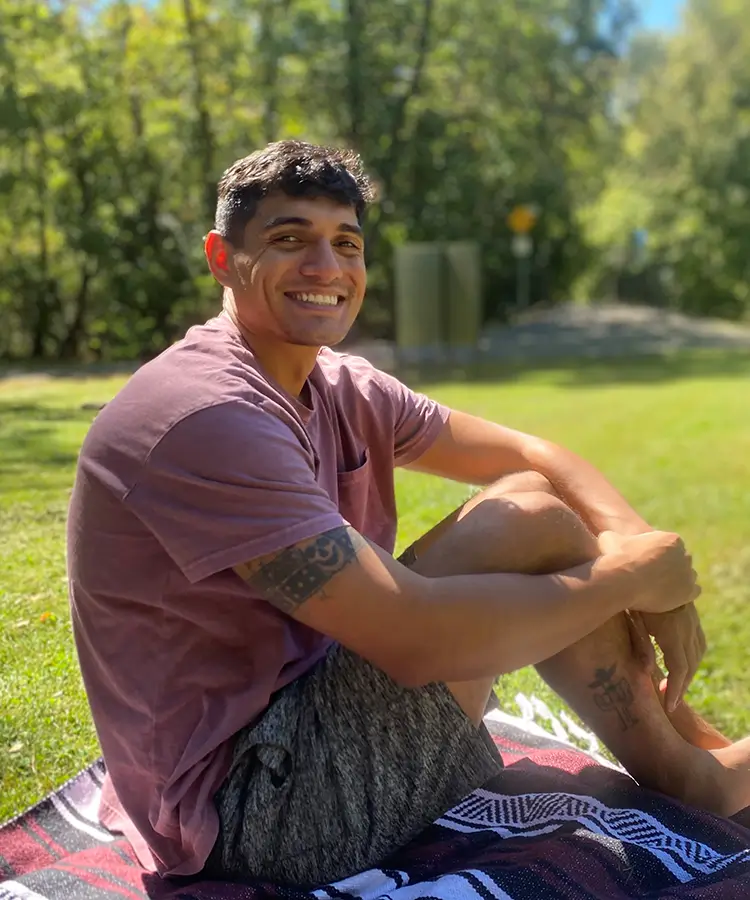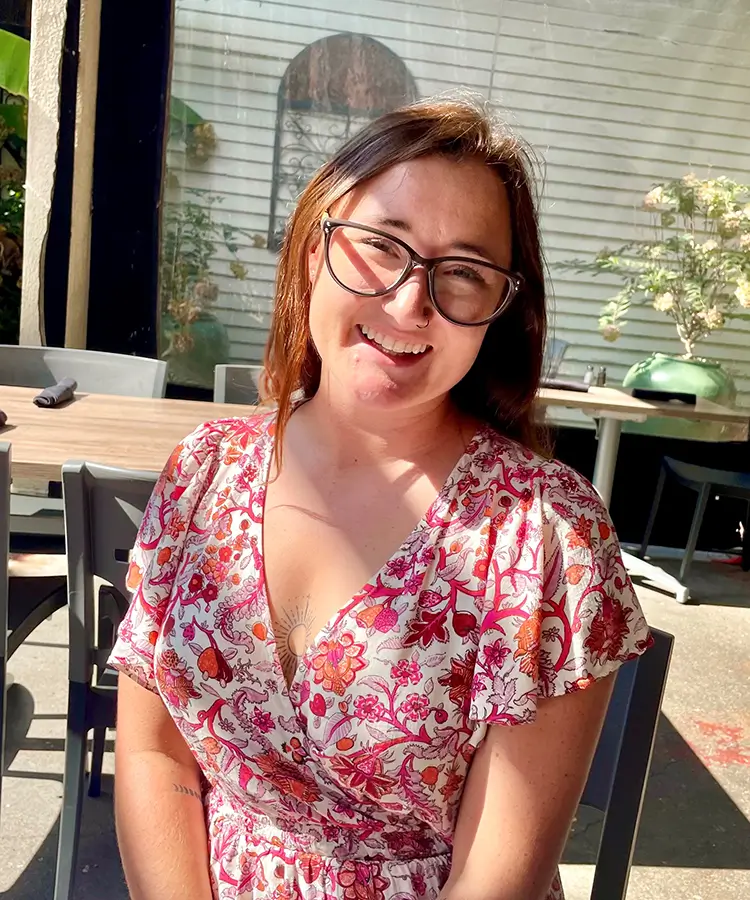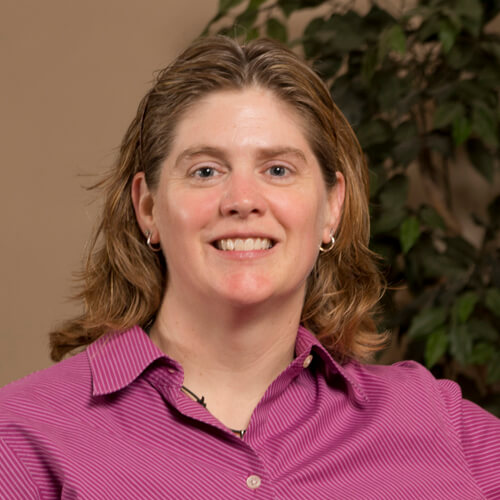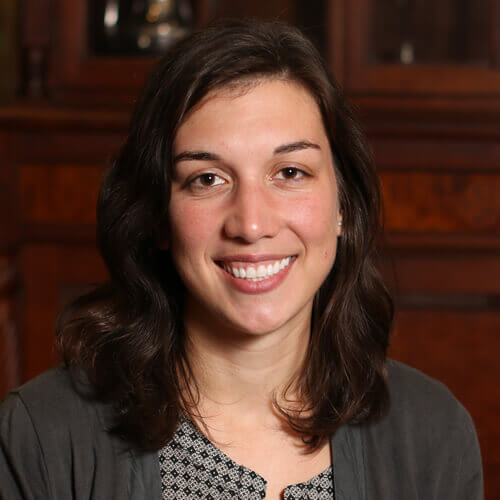Why study Health and Wellness Promotion at MC?
Students pursuing the degree in Health and Wellness Promotion at Maryville College understand the multi-faceted health needs of communities and seek to improve the lives of others through the promotion of healthy behaviors. This major takes a preventative action healthcare approach and incorporates the knowledge and strategies utilized by health and wellness professionals in a variety of fields. When paired with a passion for helping others, the skills and experience acquired in this major prepare individuals for rewarding career roles as health and wellness professionals in worksite wellness programs, health agencies (local, state and federal), community organizations and other healthcare settings. Students who receive a B.A. in Health and Wellness Promotion may choose to pursue graduate and/or professional studies in areas such as exercise physiology, health education, health promotion, nutrition, public health, sports marketing and management, sport psychology and other allied health professions.
Meet a Current Scot

Josh Locke
Hometown: Knoxville, Tennessee
Josh’s decision to attend Maryville was influenced by the recommendations and personal testimonials from fellow veterans who found success at the College. “That sense of camaraderie played a pivotal role in my decision,” he said.
He said he finds satisfaction in studying the intricacies of the human body and, as a result of studying anatomy and physiology, has adopted a more health-conscious lifestyle. He plans to leverage his education and passion to make a meaningful difference in the lives of veterans who often must wait for care from the Veterans Administration. “Ensuring that our veterans receive the care they deserve is a mission that drives me,” he said.
Meet a Current Scot Recent Grad

Tiara Kemp ’22
Currently: Pursing a master’s degree in Public Health at ETSU
Between her graduation from MC and enrollment in graduate school, Tiara landed a fellowship with the Tennessee Department of Health, where she led projects within the Maternal Child Health (MCH) Title 5 Black Grant. It was a course on public health at MC that helped Tiera decide to major in Health and Wellness Promotion instead of Nursing. “I realized that I love to teach and build programs,” she said. “Dr. [Jeremy] Steeves and Dr. [Jennifer] Oody were extremely helpful in helping me re-navigate my new career plan.”
In addition to her graduate schooling, Tiera works as a graduate assistant and volunteers with AYSO.


